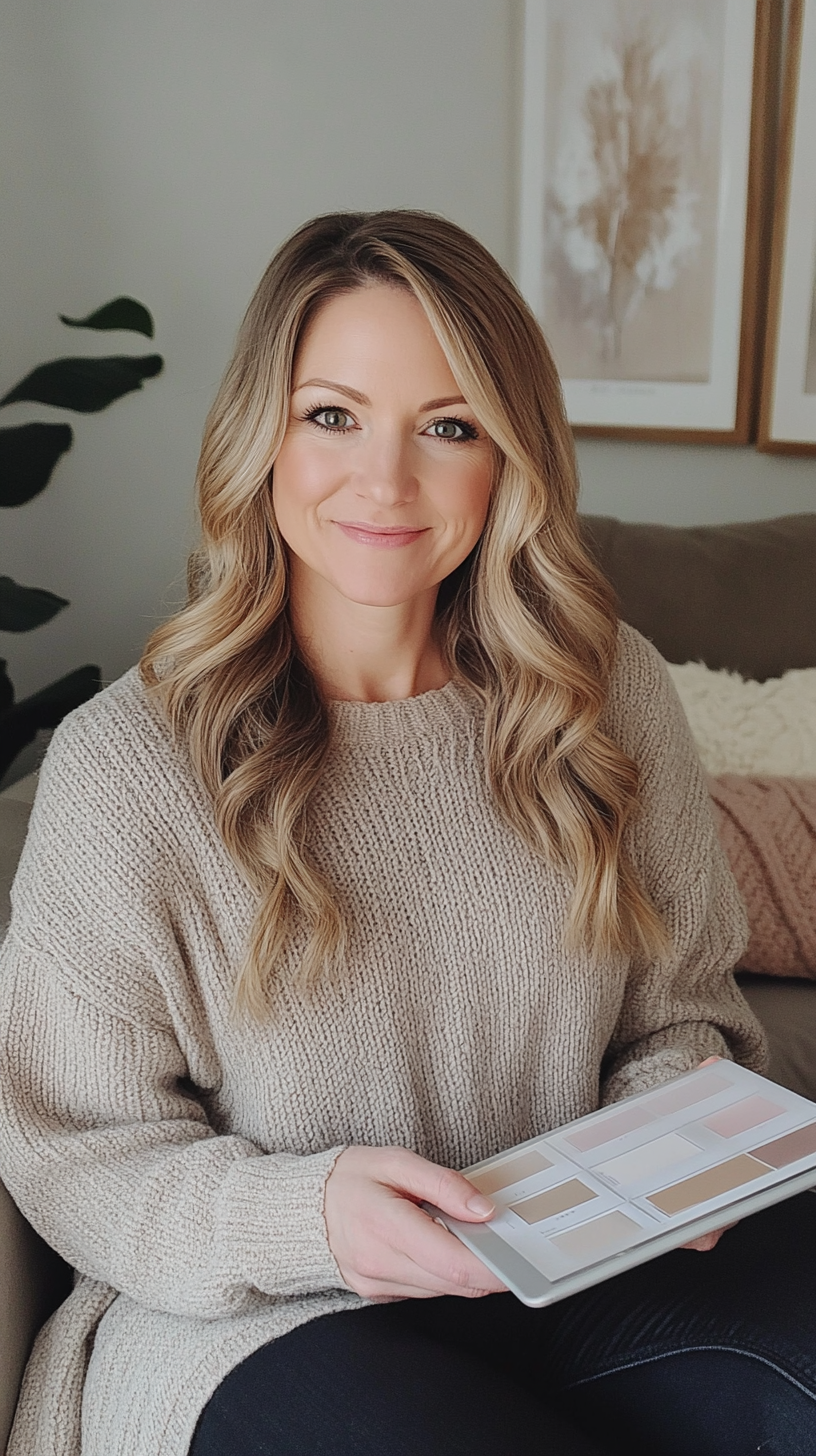Discover Innovative Solutions for Creating Cozy Spaces
Welcome to Designfinity Cozy Interiors, your ultimate destination for transforming small spaces into personalized sanctuaries across the United States. We specialize in ingenious design solutions that maximize comfort and style in compact environments. Whether you're looking to revamp a tiny apartment, a studio space, or a cozy nook in your home, our portfolio of creative ideas will inspire your journey towards intimate and inviting interiors. Join us as we explore the art of designing spaces that harmonize functionality with aesthetic appeal.
Leaders in Small-Space Interior Design Solutions
At Designfinity Cozy Interiors, we are passionate about reimagining constrained spaces into functional and beautiful environments. Our team comprises creative design experts dedicated to pioneering layout solutions that deliver unparalleled coziness and elegance. With years of experience in the interior design industry, we understand the unique challenges of small-space planning and are committed to crafting bespoke designs that reflect your personality and the lifestyle you envision.
Space Optimization
Our space optimization service is tailored to those seeking to unlock the full potential of their limited area. We employ strategic planning and innovative design tools to ensure every square foot serves a purpose. Our experts assess your current layout, identify areas for improvement, and offer dynamic solutions that enhance usability without compromising on style. Whether it’s finding hidden storage opportunities or reimagining furniture placement, our space optimization service promises transformative results.
Personalized Styling
Personalized styling is at the heart of what we do at Designfinity Cozy Interiors. We believe that your home should be a reflection of who you are. Our designers work closely with you to curate a personalized aesthetic that resonates with your preferences and complements the existing architecture. From selecting the perfect color palette to recommending furnishings and décor, we ensure your space feels uniquely yours and exudes warmth, sophistication, and comfort.
Compact Living Solutions
Embrace the art of compact living with our expert solutions specifically designed for urban apartment dwellers. Our compact living service focuses on delivering functionality in limited spaces, addressing the challenges of city living head-on. We integrate multifunctional furniture, modular storage systems, and creative decorating ideas to craft environments that feel spacious and liveable without sacrificing style or comfort.
Eco-Friendly Interiors for a Greener Future
Integrating sustainability into small-space design, our sustainable design service is committed to creating interiors that are both environmentally friendly and stylish. We use eco-friendly materials, energy-efficient lighting, and sustainable practices to reduce your carbon footprint while enhancing the beauty of your space. Let us guide you in making responsible choices that benefit both your living environment and the planet.
Innovative Approach
Our innovative approach sets us apart in the realm of small-space design. By combining creativity with practicality, we deliver solutions that are not only aesthetically pleasing but also highly functional. We pursue unconventional ideas and techniques that push the boundaries of interior design, bringing fresh perspectives to each project. This fusion of artful design and intelligent planning is what gives us an edge in creating truly cozy interiors.
Client-Centric Service
We pride ourselves on our client-centric approach, ensuring every design project prioritizes your needs and desires. Our team is dedicated to providing comprehensive and personalized support throughout your design journey. We take the time to understand your aspirations, offer continual communication, and ensure that your vision is realized to its fullest potential. Our commitment to creating a positive and rewarding experience is a key advantage that our clients appreciate.
Sustainability Commitment
Our commitment to sustainability is integral to our advantage as a design firm. We incorporate eco-friendly practices and materials into our designs whenever possible, aiming to reduce environmental impact while offering stunning design solutions. This dedication to sustainability not only supports a healthier planet but also shapes interiors that are timeless, safe, and responsibly crafted. Embrace a greener future with our conscious approach to design.
Testimonials.
Our Team.

Emily Johnson
Interior Designer
Alex Rodriguez
Space Planning Specialist





